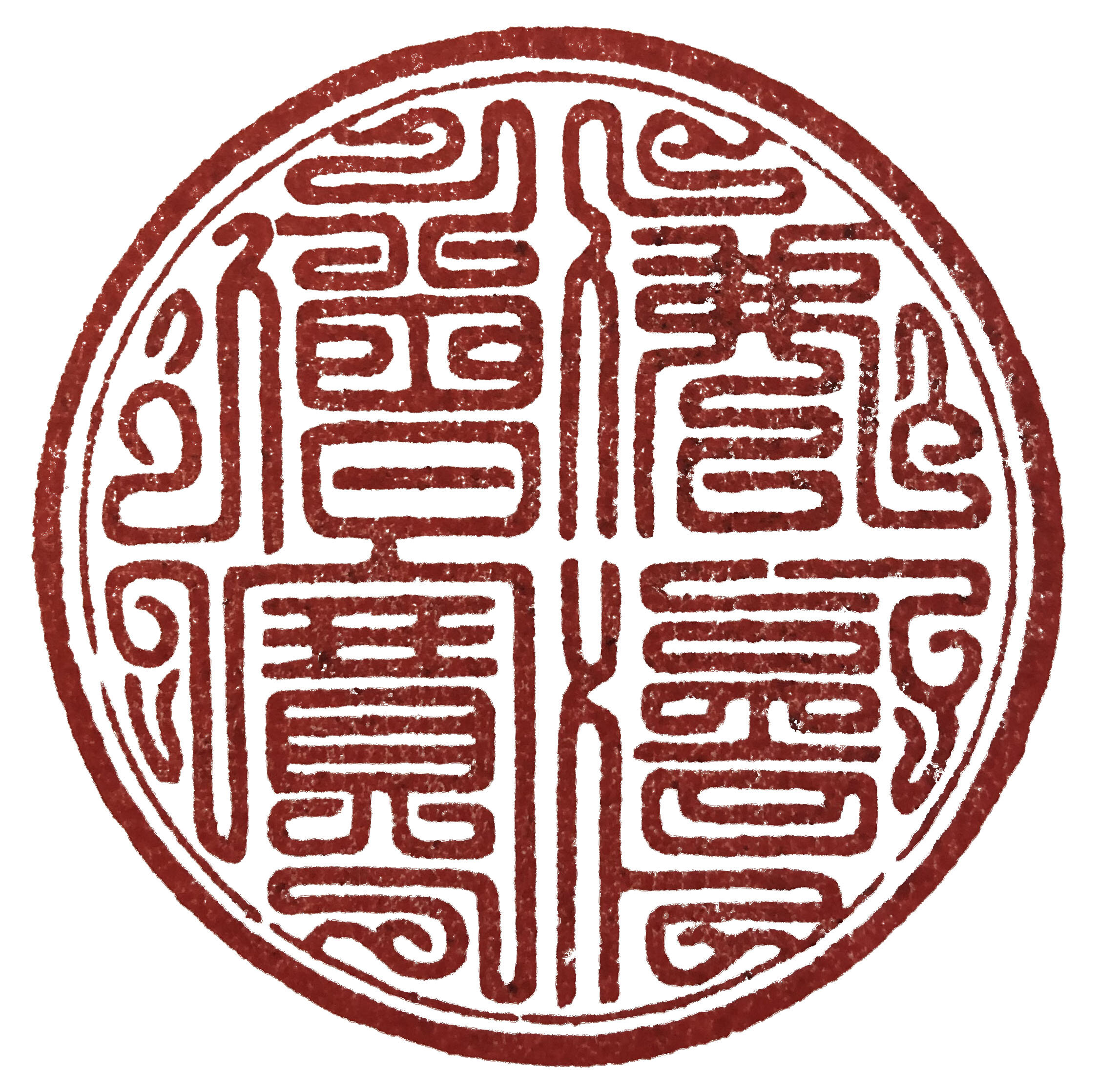Takuhatsu online
I have started doing a Takuhatsu practice online by reaching out to the community that follows my Instagram and website. There are some similarities with traditional (in person) takuhatsu practice that I thought I would like to share. The first being the sense of gratitude and humility that comes with opening ones alms bowl to “strangers” in the world. There are many reasons priests and monks practice takuhatsu that teach all beings involved in the practice. Doing takuhatsu, the monk or priest learns the interconnection and interdependence of all beings. The teaching on emptiness is present right there in the offering of material goods to three treasures of Buddha, Dharma, and sangha. The person offering donations to the one receiving and the donation that is offered all arise from great emptiness (shunyata/ku).
The act generates merit for all involved as it is a great practice of dana paramita, the perfection of generosity. The monk/priest is making an offering of the opportunity to practice generosity, so it is not the exact same as “begging” in this regard. A teaching is being given to both the giver and receiver on emptiness and the perfection of giving with no attachment to self or other. Buddha is recognizing Buddha and offering Buddha and all are equally nourished by this practice. The priest/monk shouldn’t be using these donations for anything, but what is necessary to continue practicing the Buddha way. Traditionally, and still in many Buddhist traditions, only food is offered during alms round.
For the necessities of practice required, food, fabric for O-kesa, medicine, and what is essential to survival, monks would practice this takuhatsu. A story goes that a disciple of Buddha thought it best to only practice takuhatsu in a rich neighborhood so that the poor would not be burdened by the offering of material goods to the monks. Yet, another disciple thought it best to only practice takuhatsu in poor neighborhoods as it gives the opportunity to generate merit from positive karma (action). Still, the buddha said it’s best to practice takuhatsu with all beings. All beings benefit from the practice of perfect generosity and learn the interconnected nature of all existence. One calls and one responds. When we have an honest practice of Buddha Dharma we put our bowl out and with an honest practice we put our offering out.
Now days, it is more common in the Zen tradition to offer money than food as there are great necessities to keep the lights on at the temple/center, to obtain fabric for sewing Buddhas robe, to provide food to those attending the sesshin and Zazenkai retreats, and to help provide food and care to the monk/preist. Yet, it is my opinion that the donations received should always and only go to what allows one to keep practicing dharma, and providing dharma practice to others. As a way to keep all of the events free at my Zazen group I use my own money to provide the food and materials that are needed for practice. It is only through what is offered that I can get by.
It is my belief that the practice should be free. It is my belief that those who can offer financially will be inspired by this free giving of Dharma and give from the heart. Those who cannot contribute financially will be inspired by free giving of the dharma and practice Buddha dharma with great sincerity providing their practice as a pure offering of gratitude. As long as I work within my financial means the food will be simple and healthy nourishing the heart of practice, offered freely and that is all that matters.
Secondly the similarity between online takuhatsu and traditional in person takuhatsu is the feeling of humbling the self. When we reach out and accept what is given from someone we have never met, we may feel a sense of embarrassment. We may feel that we are not doing what society has asked of us by “pulling ourselves up by our boot straps” and not burdening others. Instead we are relying on others to take care of us. In some societies this may be a shameful thing, asking others for help. Yet, takuhatsu is to humble the self and build up the courage to put our bowl out and the courage to offer freely. It is a beautiful dance of Buddha and Buddha rejoicing in the whole thing as one. Relative puts out the bowl and absolute responds with the whole universe as a coin or bill. The emptiness contained in the form of a coin for the moment becomes a slice of bread, piece of fruit, ladle of broth, or a spool of thread. The absolute form moving freely throughout the universe providing what is need like the hands and eyes of Kannon. The whole universe responds when we are our authentic self and we accept the smallest token, a hand full of sand, as the very sustenance of Buddha life.

